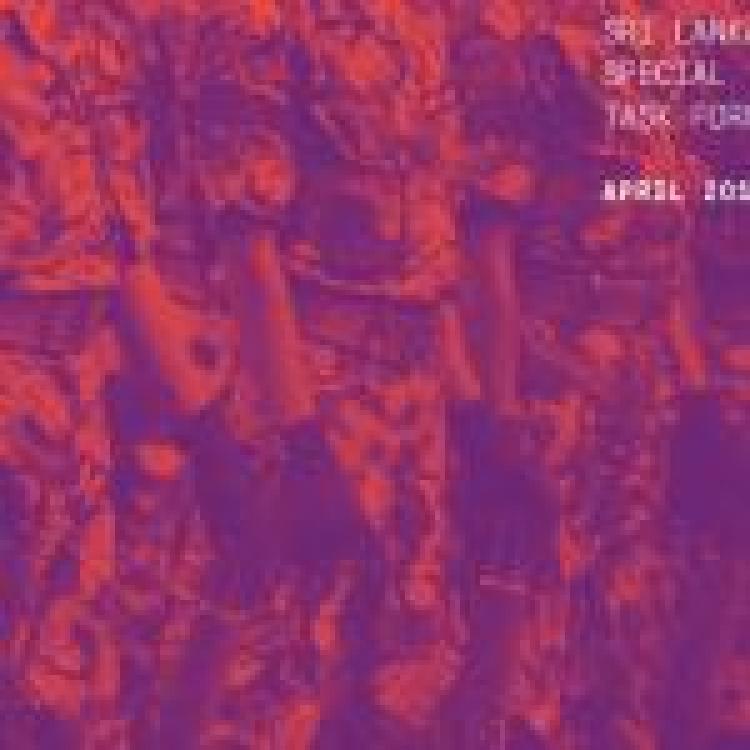Sri Lankan troops accused of war crimes have been deployed as United Nations peacekeepers in conflict zones around the world according to a confidential report by the International Truth and Justice Project (ITJP).
A document drawn up by the organisation and submitted to the United Nations names several senior Sri Lankan commanders who have been deployed in peacekeeping operations, since a massive military offensive in 2009 which saw tens of thousands of Tamils massacred by the Sri Lankan army.
Amongst the regions senior Sri Lankan personnel have been deployed to include Mali, Darfur and South Sudan.
The executive director of the ITJP Yasmin Sooka stated that,
“Sri Lanka’s security forces were involved in mass atrocities in 2009, for which there has been zero accountability – instead, alleged war criminals have been promoted and rewarded with prestigious and lucrative UN postings.
“This is an affront to those they are supposed to be protecting in Mali and Lebanon – as well as to victims in Sri Lanka who are desperate for justice. The UN needs to ensure countries like Sri Lanka publish the names and photographs of their peacekeepers a reasonable period before deployment, so that civil society can play a role in vetting them. Peacekeeping is a privilege, not a right – only the very best should represent the country.”
British parliamentarian and chairman of the All Party Parliamentary Group for Tamils Paul Scully had also written to the global body, in particular highlighting a senior Sri Lankan special task force officer “who appears to be currently deployed in Africa in a UN peacekeeping role, despite there being allegations that he was involved in ordering summary executions of Tamils in the east of Sri Lanka during the war”.
See more from the Guardian here.
Meanwhile Inner City Press reported the UN as responding by saying,
“The Secretariat (DPKO-DFS and OHCHR) is working with the Government of Sri Lanka and all stakeholders, in particular the national Human Rights Commission, to facilitate the establishment of a domestic screening process that complies with the requirements of the Policy on Human Rights Screening of United Nations Personnel.”
“In this regard, DPKO met with Sri Lankan stakeholders in Colombo last month.”
“Compliance with the policy requirements is necessary before the UN can receive any further deployments or rotations from Sri Lanka. It is important that all necessary procedures and institutional arrangements are in place so that the domestic screening process can meet these requirements. National stakeholders are working on finalizing and formally approving their standard operating procedures in line with these requirements, and we are supporting them in this."
A ground-breaking report from the ITJP earlier this year identified 56 individuals in Sri Lanka’s notorious Special Task Force (STF) who should not be deployed as UN peacekeepers, including an officer currently serving in Africa accused of involvement in extrajudicial killings.

